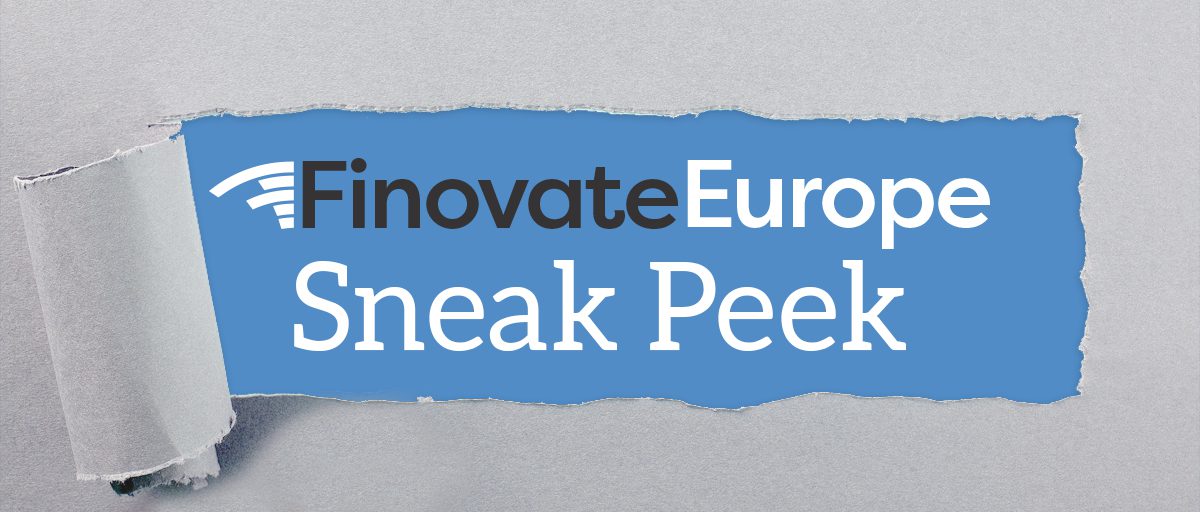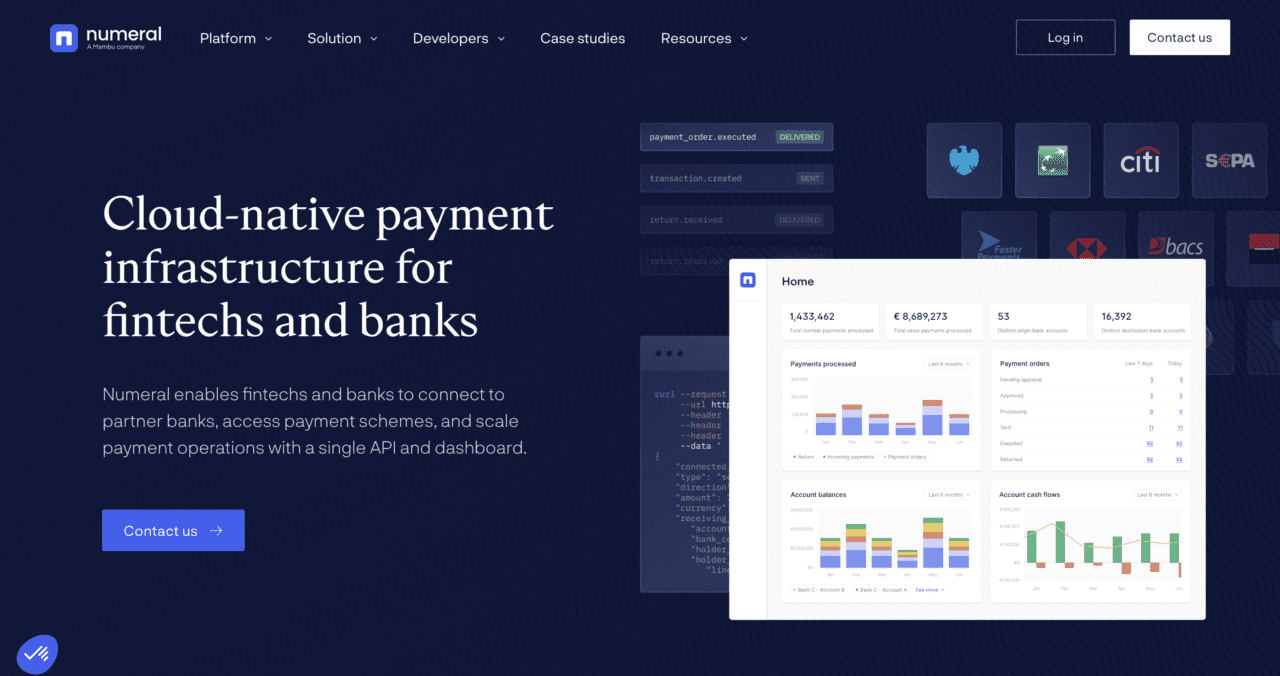
Its 2025, and while the concept of embedded finance is not new, it continues to evolve, offering fresh opportunities for growth. Embedded finance is making it easier for consumers and businesses to interact with financial services companies by helping to streamline payments, offer in-app credit, and provide insurance offerings within apps. Ultimately, embedded finance is creating convenience and efficiency for both end users and the financial institutions themselves. However, as this sector matures, so too do the complexities surrounding competition, partnerships, and regulatory compliance.
At this year’s FinovateEurope event, taking place February 25 through 26 in London (book now to save!), we’re bringing in experts to discuss a wide range of pressing topics impacting banks and fintechs across the globe. And since embedded finance is still high on the list of hot trends this year, we are featuring two sessions dedicated to exploring opportunities in the space.
In our executive briefing titled, “How financial institutions can capture the huge opportunity of embedded finance & embedded banking in both retail & commercial banking,” the panel will look at opportunities for banks to expand their distribution footprint, the role of non-banks, competition, risk, and more. Panelists include:
- Rashee Pandey, Associate Director of Membership and Growth at Innovate Finance
- Sadeque Ahmed, Executive Director of Product Management at J.P. Morgan
- Vivien Cheung, Head of Financial Partnerships EMEA at Airwallex
- Andrew Crocombe, Head of Embedded Banking Propositions at ClearBank
- Jose Luis Navarro, Head of Open Banking Strategy at BBVA
- Jakob Pethick, Chief Commercial Officer at YouLend
We’ll also host Mbanq Co-Founder Vladimir Lounegov, as he delivers a special address titled, “Want to print money? How embedded finance turns brands into banks.” Lounegov will share how embedded finance empowers non-financial brands to generate new revenue streams, build customer loyalty, and gain a competitive edge by integrating financial services seamlessly into their products or services.
Don’t miss these sessions, and others, at FinovateEurope. Whether you’re a bank, fintech, analyst, or VC, this show will be your opportunity to learn from top thought leaders in the space and shape your 2025 strategy. Register today and be part of the action!













